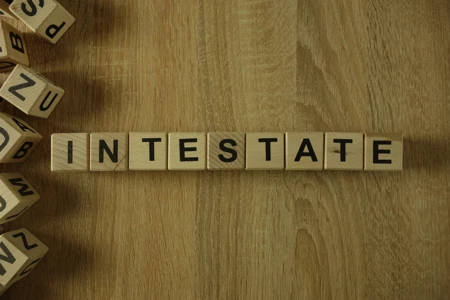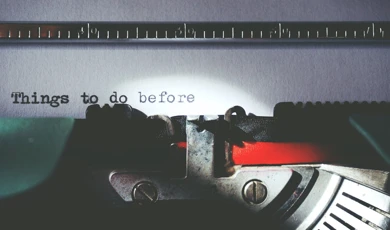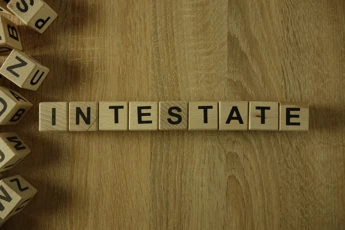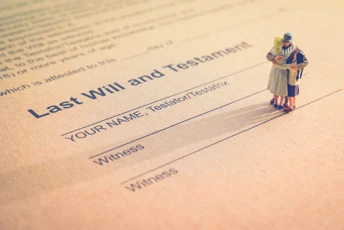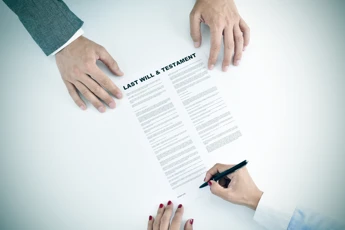Who gets what?
In the absence of a will, the law dictates who inherits your estate through a set of predetermined rules called the intestacy rules. These rules vary slightly depending on your location, but generally follow a hierarchy that prioritises spouses and children. However, these rules may not reflect your actual wishes. For example:
Unmarried partners left out
If you're not married but have a long-term partner, they won't inherit anything under intestacy laws.
Blended families face challenges
Intestacy can be particularly complex for blended families. Children from a previous marriage may not receive what you intended if you haven't specified it in a will.
Unforeseen outcomes
The intestacy rules might distribute your estate in ways you wouldn't have chosen.
The benefits of a will
Having a will allows you to bypass the complexities of intestacy and ensure your wishes are carried out. Here are some key benefits:
A will gives you the power to decide who inherits your assets and how they are distributed. This can provide peace of mind knowing your loved ones will be taken care of according to your wishes.
A will avoids confusion and potential conflict by outlining your intentions clearly. This simplifies the administration process and saves your family time and money.
Your will can be tailored to your specific circumstances, accommodating blended families, charitable donations, or specific bequests.
Secure your legacy today
Dying intestate can create unnecessary stress and financial burden for your loved ones during a difficult time. By taking the time to create a will, you can ensure your wishes are respected and your legacy is protected.

